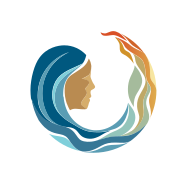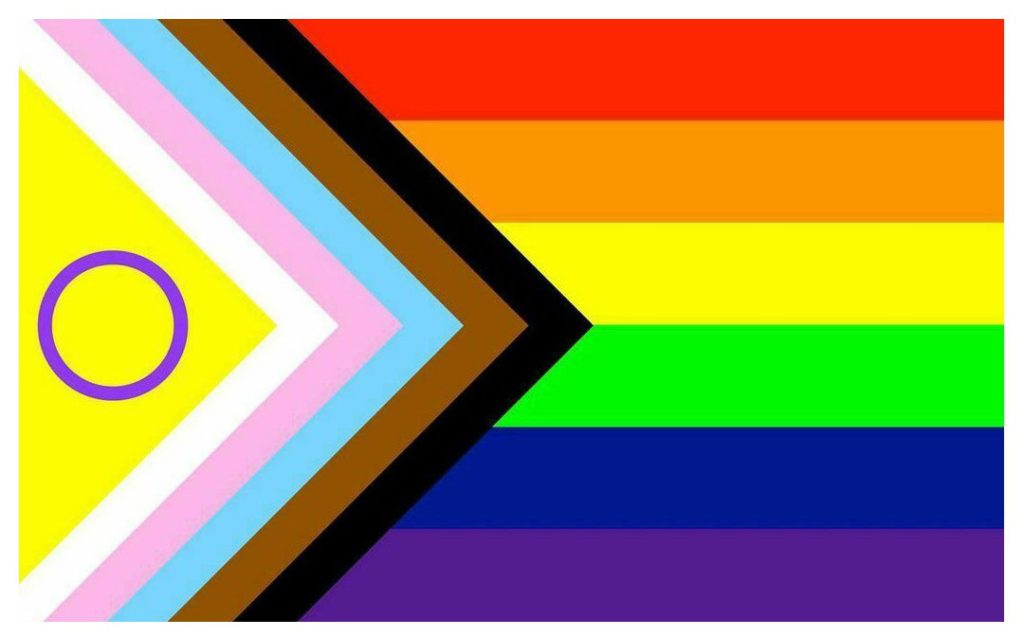Post-Secondary Education

Over the last decade, educational outcomes have marginally improved among Indigenous peoples. Despite these improvements, educational attainment for Indigenous youth continues to fall behind that of non-Indigenous people. In Canada, Indigenous youth face significant barrier s to accessing and attaining higher levels of education, which are multifaceted and interconnected. Some of these barriers include:
- Inadequate financial resources.
- Lack of culturally relevant curricular.
- A lack of confidence or feeling unprepared.
- Having other responsibilities.
- Experiences of racism and discrimination.
- Effects of intergenerational trauma.
The implications of lower educational attainment are well understood and are often connected with labour market access and success. In response to continued barriers facing Indigenous youth, several calls have been made to address the education gap between Indigenous and non-Indigenous youth.
With funding from Women and Gender Equality Canada (WAGE), NWAC was able to hold engagement with Indigenous youth to explore barriers to post-secondary education. During these engagements, Indigenous youth emphasized the need for resources to help them access post-secondary school.
Applying to Post-Secondary School Toolkit
- Generation for Equality: Applying to Post-Secondary School Toolkit (FR)
- Generation for Equality: Applying to Post-Secondary School in Manitoba
- Generation for Equality: Applying to Post-Secondary School in Yukon
- Generation for Equality: Applying to Post-Secondary School in British Columbia
- Generation for Equality: Applying to Post-Secondary School in Ontario
- Generation for Equality: Applying to Post-Secondary School in Nunavut (EN)
- Generation for Equality: Applying to Post-Secondary School in Nunavut (IK)
If you have any feedback or questions, please feel free to reach out to us at policy@nwac.ca.


